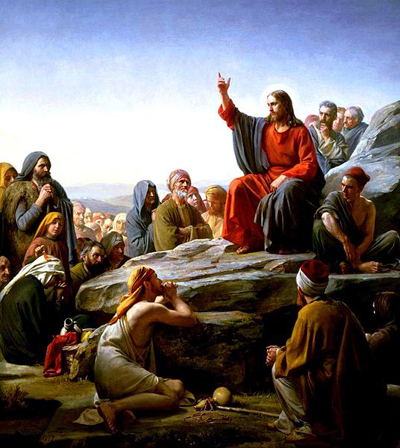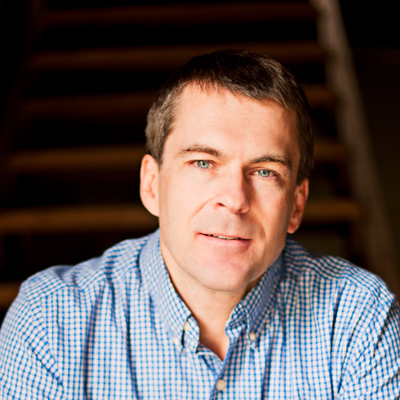
The practice of living in intentional Christian community has ancient roots. The early chapters of the Book of Acts, for example, provide a vivid depiction of commitment to community. Today, in a movement sometimes referred to as the “new monasticism,” young Christian men and women again are pursuing the rigors and rewards of intentional community living. From ancient to modern times, Christians have believed that relationships forged by common commitment are essential to the work of spiritual growth and service.
Not to be left behind, Cornell students are getting in the game. Along with our Director of Undergraduate Programs Justin McGeary, sixteen young men are now busy assembling bookshelves, bunk beds, and barbeque grills in our ministry’s new facility!
Today’s Christian communities tend to explain themselves in the language of “spiritual formation,” the basic idea of which is that we are shaped or formed not just by what we know (in the narrow sense of information acquisition), but also by what we do and what we love. One impetus behind this recent turn to formation is disenchantment with the narrowness of secular education. As even secular critics such as Harvard’s Harry Lewis and Yale’s Anthony Kronman lament, the tendency and temptation to reduce education to vocational training has marginalized matters of meaning and morality. Kronman’s book is entitled Education’s End: Why Our Colleges and Universities Have Given Up on the Meaning of Life (Yale, 2007).
Of course, marginalizing morality is simpler said than done. As Parker Palmer put it in To Know As We Are Known (Harper & Row, 1966), “even secular education is a covert type of spiritual formation.” Physics and philosophy, he says, are “‘disciplines’ to which our students are asked to ‘disciple’ themselves. They contain the images of self and the world in which our students are formed.” Our views of self and world, he adds, are also shaped by the university’s system of rewards and punishments. Another reason for the resurgence of interest in spiritual formation is thus the realization that all forms of education–even secular education–are formative.
In the current issue of the Christian Scholar’s Review (theme: “Christian Higher Education as Character Formation”), Perry Glanzer of Baylor University provides a helpful summary of some of the recent literature on this topic, including James Smith’s Desiring the Kingdom: Worship, Worldview, and Cultural Formation (Baker, 2009). Smith, like Palmer, emphasizes that everyday practices are not neutral. Embedded in everyday practices–he employs the mall and the marketplace as examples–are implicit visions of human flourishing and the good life that shape our desires and imagination, often in unhelpful ways. What we need, Glanzer and Smith believe, is a more robust vision of human flourishing in which Christian worship shapes our desires.
The implications of this insight extend beyond the curricular to the extracurricular and co-curricular aspects of university life, which brings us back to our residential initiative. “I’m worried,” a student announced at one of our information sessions last year, “that my commitment to the house will compete and conflict with my commitment to my studies.” As others nodded in agreement, Justin McGeary responded by articulating the mission and purpose of the house more clearly still. The goal is not to pursue spiritual growth and formation primarily by adding more activities onto already busy schedules, he said, but to create a community where spiritual growth is understood as a 24/7 affair. Everyday practices such as eating and sleeping, cooking and cleaning, are not a mere means toward the end of academic performance but the very context in which we work out our salvation with each other.
This is indeed what we are after at Chesterton House: a Christian living-learning center where young men commit to growing in grace together. To prepare, student residents read Dietrich Bonhoeffer’s Life Together (Harper & Row, 1954) over the summer. And on the day before classes, guest theologian Ryan O’Dowd led a devotional on Proverbs 4. “Love her,” a father says to his son of wisdom, the personification of which hints at other desires that commonly distract young men (See Proverbs 5). Indeed, wisdom is what makes university life whole, uniting the curricular, extracurricular, and co-curricular aspects of student life. Knowledge of God and of the world he has made hold together. Academic life and devotional life thus complement rather than compete with each other. Bonhoeffer’s book and O’Dowd’s devotional nicely reinforced McGeary’s manifesto. McGeary is now living in the house to provide guidance and encouragement to the men as they follow through on the commitments they have made to each other and the Lord.
This is a new chapter in the Chesterton House ministry, and we all have a lot to learn as we set ourselves to the task of thinking Christianly not only about physics and philosophy but also about eating and sleeping–the everyday practices that make use of those bunk beds and barbeque grills we’ve been building. It is a great privilege to do this work amidst one of the world’s finest universities, and we thank you for helping to bring us this far. As always, we covet your prayers and appreciate your ongoing financial support, both of which we depend upon as much as ever.


